Which Cars Have Built In Dash Cam?
Dash cams, or dashboard cameras, are becoming increasingly popular due to their usefulness in recording driving footage, which can be invaluable in case of accidents or disputes. While traditionally these devices have been bought as external add-ons, some car manufacturers have started integrating them into their vehicles as standard or optional equipment. In this article, we will explore various cars that come with built-in dash cams, and delve into their advantages, functionalities, and compatibility with different user needs.
The Advent of Built-In Dash Cams
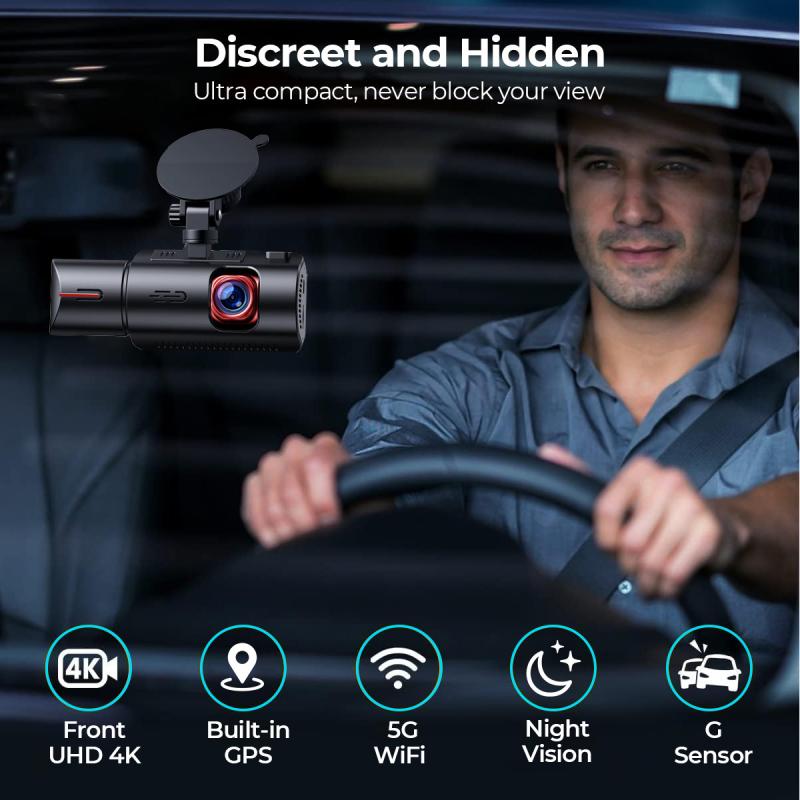
Dash cams, which started gaining traction about a decade ago, were initially used mainly by truck drivers and law enforcement. They have now made their way into the private vehicle sector, becoming almost a must-have due to their benefits in providing real-time footage, which can serve as evidence in various situations, from road accidents to insurance claims. Recognizing this increasing demand, several car manufacturers have integrated dash cams into their models.
Brands Leading the Way
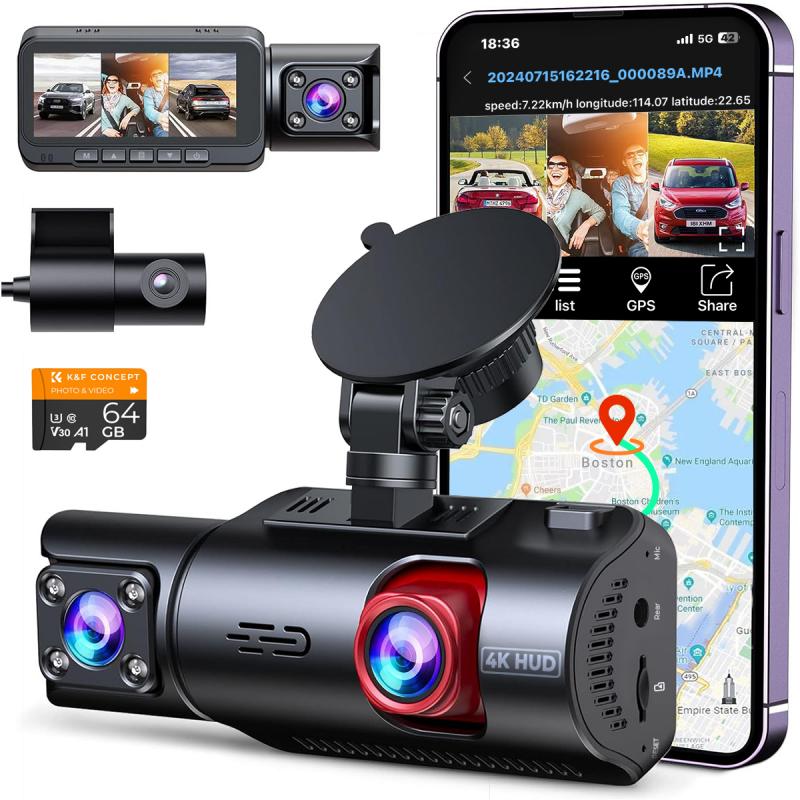
Subaru
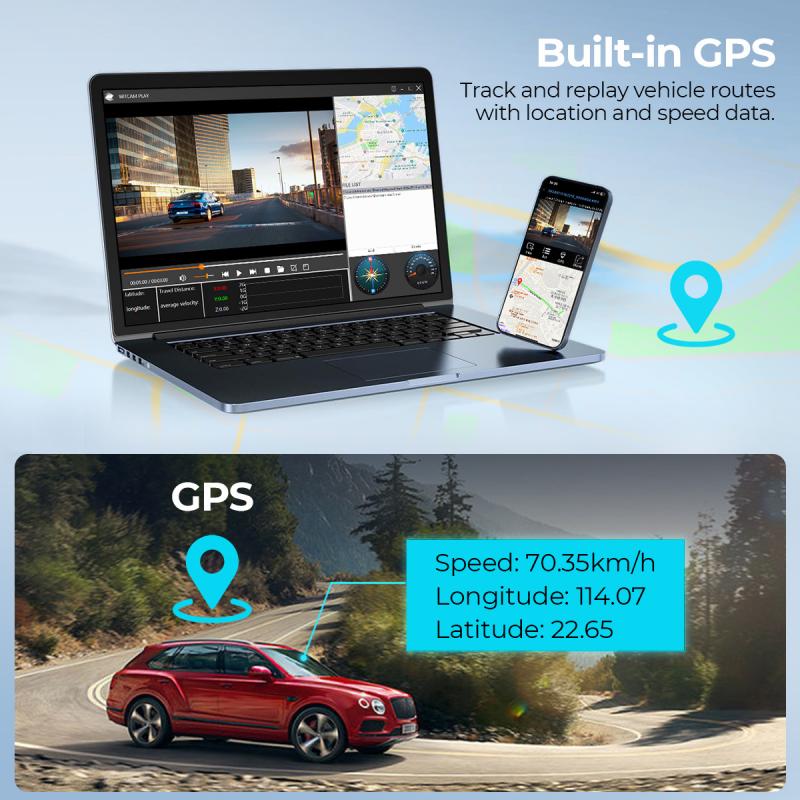
Subaru was one of the early adopters of built-in dash cams. Models such as the Subaru Outback and Subaru Forester offer the option of a dash cam as part of their accessory packages. Subaru's dash cams can start recording as soon as the car is turned on and can capture high-definition footage, providing clear and concise details of the road.
Tesla
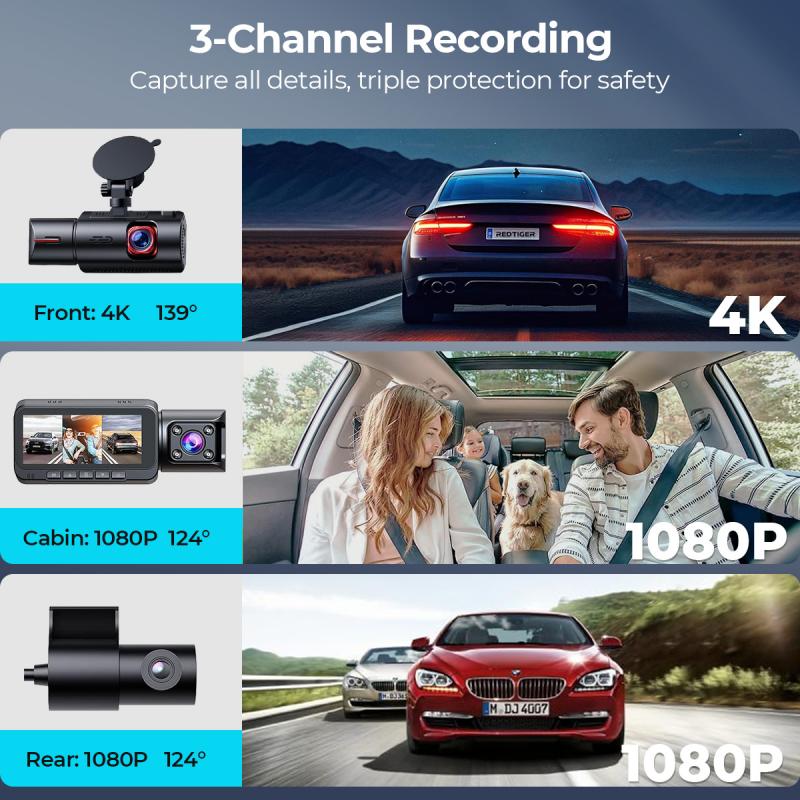
Tesla vehicles are renowned not only for their electric efficiency but also for their technological advancements. Models like the Tesla Model S, Model X, Model 3, and Model Y come equipped with an extensive camera setup for the Autopilot feature. Tesla's dash cam functionality is a part of this system, enabling a 360-degree recording around the vehicle. The footage can be accessed via the main infotainment screen, and Tesla's system even allows users to monitor their parked cars through the Sentry Mode.
Emerging Manufacturers
Peugeot
Peugeot 208 and 508 models are examples of how European manufacturers are integrating this technology. Peugeot's ConnectedCAM can take photos and videos while driving, offering a unique integrated solution. This camera is positioned behind the rearview mirror and can capture high-definition footage.
Mercedes-Benz
Mercedes-Benz has also jumped on the bandwagon with its Drive Recorder system available in many models, including the E-Class and S-Class. The Drive Recorder can be activated manually or automatically in case of an accident to store footage, which enhances safety and accountability.
Functionalities of Built-In Dash Cams
Seamless Integration
One of the biggest advantages of built-in dash cams is their seamless integration. Unlike aftermarket devices that require messy wires and mounts, built-in dash cams are cleanly integrated into the car's existing design. This not only ensures that the dashboard remains uncluttered but also minimizes the risk of damage or theft.
Enhanced Features
Manufacturers can integrate advanced features that are not normally available in aftermarket products. For example, built-in dash cams can be connected to the car’s main electrical system, ensuring enhanced performance and additional functionalities like parking mode monitoring, night vision, and even integration with the car’s navigation or infotainment system.
Reliability
Another aspect of built-in dash cams is their reliability. Integrated systems are often more dependable compared to aftermarket options, since they are designed specifically for the vehicle. They are less prone to technical issues and usually come with a manufacturer’s warranty, giving the user peace of mind.
User Considerations and Practical Issues
Cost
One important consideration for potential users is the cost. Built-in dash cams can often come at a premium price, either bundled in a higher trim package or as an additional feature. Users need to evaluate if the seamless integration and additional functionalities justify the cost compared to high-quality aftermarket dash cams.
Ease of Installation
One of the best things about built-in dash cams is that they eliminate the need for complex installations. However, if the camera needs replacement or repair, users are dependent on the dealer or authorized support, which can sometimes be time-consuming and costly.
Data Storage
Built-in dash cams often come with proprietary storage solutions, which can be a double-edged sword. On one hand, these systems can offer robust and secure storage options compliant with the car’s architecture. On the other hand, they might limit the freedom the user has in terms of upgrading storage or retrieving data without industry-standard interfaces like SD cards or USB drives.
The Future of Built-In Dash Cams
As technology continues to evolve, the trend of integrating dash cams into vehicles is likely to grow. Artificial intelligence enhancements could soon allow these cameras to do more than just record footage. For example, they could analyze driving patterns, provide real-time feedback, or even be part of a comprehensive driver-assistance system.
AI and Machine Learning
Integrations with AI and machine learning could also mean that built-in dash cams might predict potential hazards, help in parking, or provide detailed analysis reports after a drive. Automakers are keen on providing a safer driving environment, and advanced dash cams are a step in that direction.
Enhanced Connectivity
With the rise of 5G and enhanced vehicle connectivity, we can expect built-in dash cams to have better real-time data sharing capabilities. This could be particularly beneficial for fleet operators and in commercial contexts, where real-time monitoring can significantly enhance operational efficiency and safety.
Built-in dash cams represent the latest in automotive safety and convenience innovation. From Tesla's high-tech integrated systems to Peugeot's ConnectedCAM, these devices offer a seamless, reliable, and feature-rich alternative to aftermarket dash cams. While they may come at a higher price point, the advantages they offer in terms of reliability, integration, and advanced functionalities make them a worthwhile consideration for any discerning driver.
As the market continues to evolve, we can expect more manufacturers to offer built-in dash cam options and existing systems to become more sophisticated. For now, the increasing availability of these integrated solutions is a clear indicator that the automotive industry recognizes the indispensable value that dash cams provide.
Choose wisely based on your specific needs, brand preferences, and budget. Whether you are a tech enthusiast looking for the latest advancements or a cautious driver seeking enhanced safety, built-in dash cams offer a perfect blend of innovation and practicality.




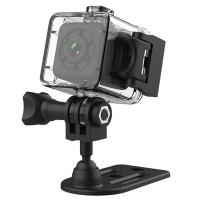
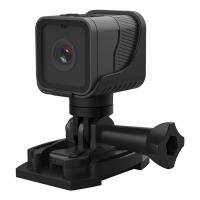


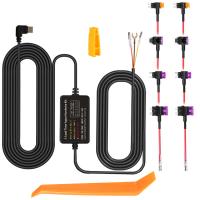
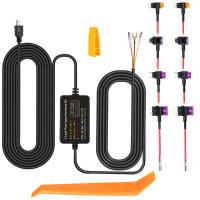
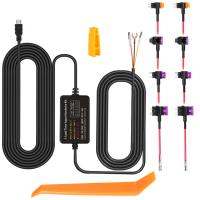
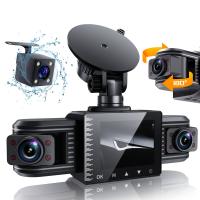
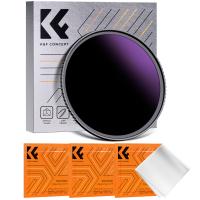

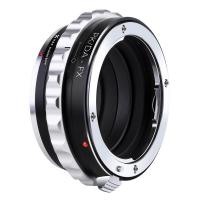
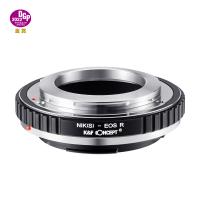
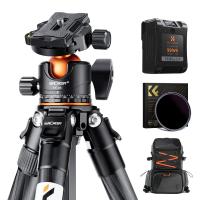

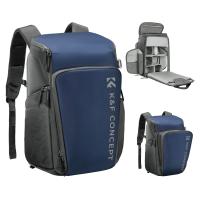

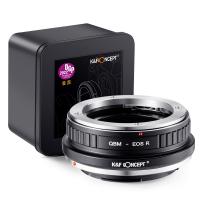
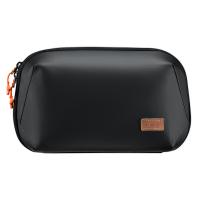


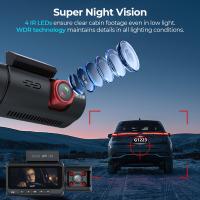


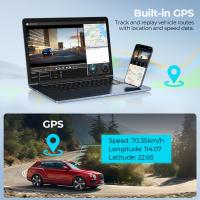
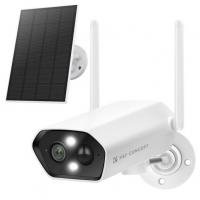



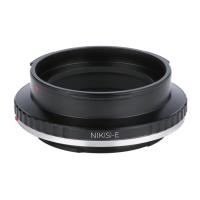
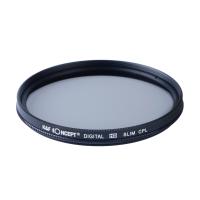
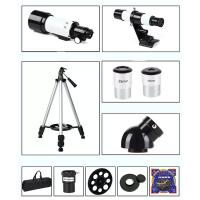
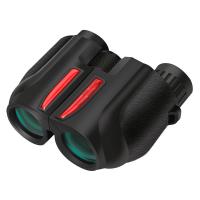

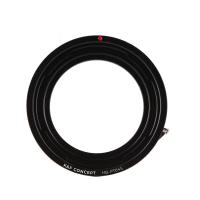
There are no comments for this blog.